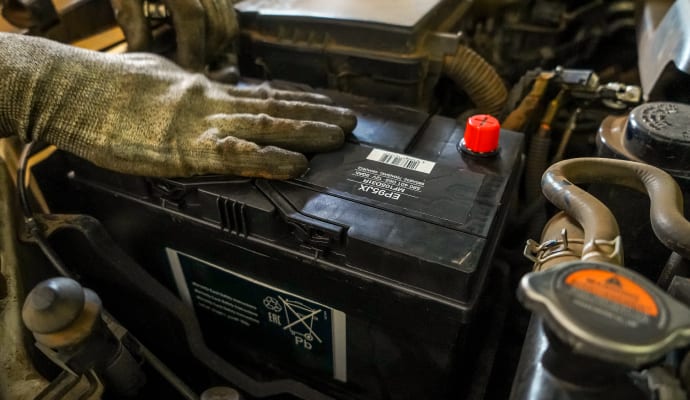
5 Key Functions Of An Automotive Battery
A battery holds some of your car’s most essential functions; here are some of the key functions of an automotive battery to help you understand its importance.
1. Engine starter
Providing the juice is a car battery’s first and the most important function. A battery stores chemical energy which later, when you turn your key or push the button to start the engine, is converted to electrical energy; a battery distributes it to all the parts in your car that may need it.
2. Helper to the ignition system
When you’re starting a car, a battery does not only get your engine on and running, but it also starts the car’s ignition system. It links the whole vehicle’s electricity and turns its security features on. If there’s something wrong with the energy system, that’s the moment when you’ll probably find out. A battery also supplies the electricity to all the electronic devices when the engine is not running.
3. Sustainer
If a battery works as it should, it assures the sustainability of your car’s energy system. After you start your vehicle, the battery gets recharged by an alternator to keep everything working when you drive; plus, it starts to store the chemical energy again to have enough to turn the car’s engine on the next time. The new-type batteries have systems that prevent them from getting all dried out of energy, as well as protect them from the corrosive damage for a longer time.
4. Alternator
What’s more, a battery transfers electricity to an alternator which, if it’s working well, is responsible for such electric functions as the sound system, air-conditioning, the wipers, the headlights or even the airbag system – it keeps the car running after the start. Then, if there’s any kind of malfunction or overwork of an alternator, a battery can act as a backup and keep you going for some time. A healthy battery is needed, especially when you decide to add some accessories to your car and they need electricity, e.g. additional lights or tools.
5. Voltage regulator
Sometimes, other systems in your car can get overworked and produce high voltage spikes that normally would do a lot of harm to your car (they could even set it on fire). Fortunately, a modern battery can absorb some of the excessive voltage that other parts may generate. Thanks to that, all solid components and the whole electric system are protected from damage due to abnormal voltage level.
As you can see, these are some of your car’s vital functions, and they all depend on this one, small battery to keep everything running. There are many types of batteries, e.g. stronger ones that will get you through even the coldest winters without any problems with starting the engine, but there’s no need for it if you leave in a warm climate. So it’s better to give it more thought and invest some money into an excellent automotive battery at the beginning than have a lot of more problems in the future.
Written by




